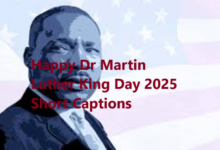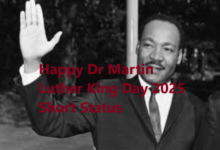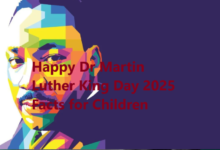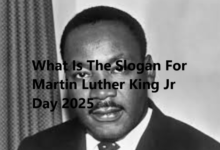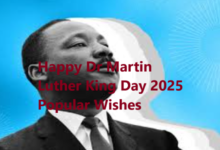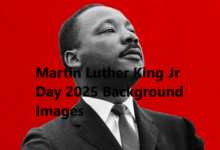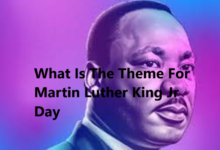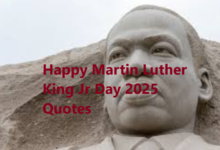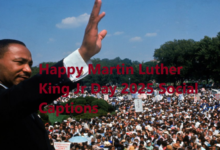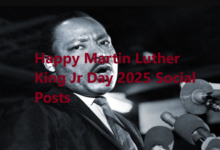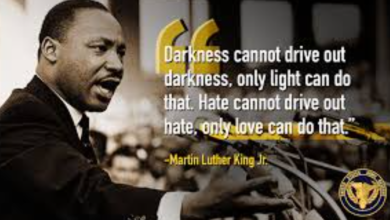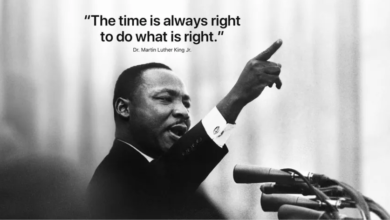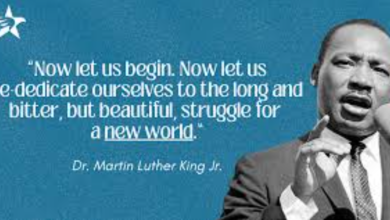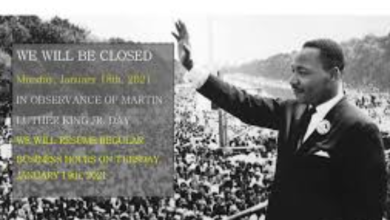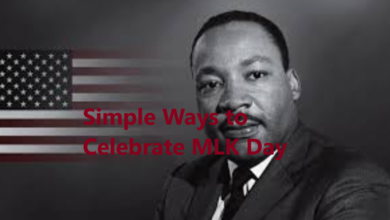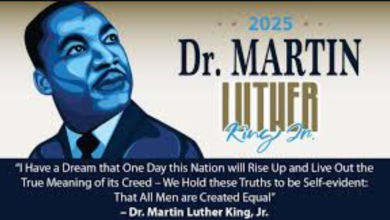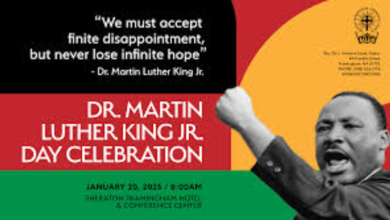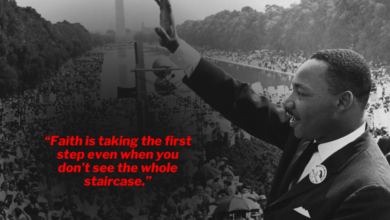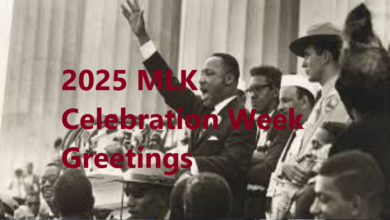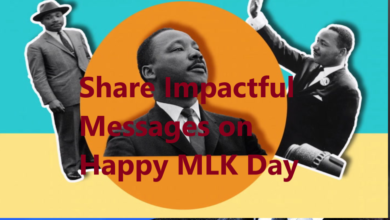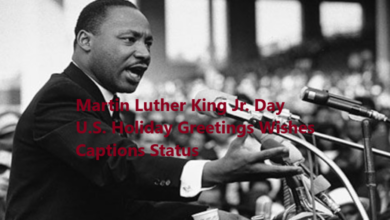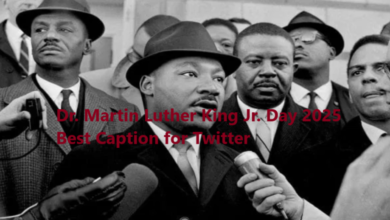Martin Luther King Jr Day Story 2025
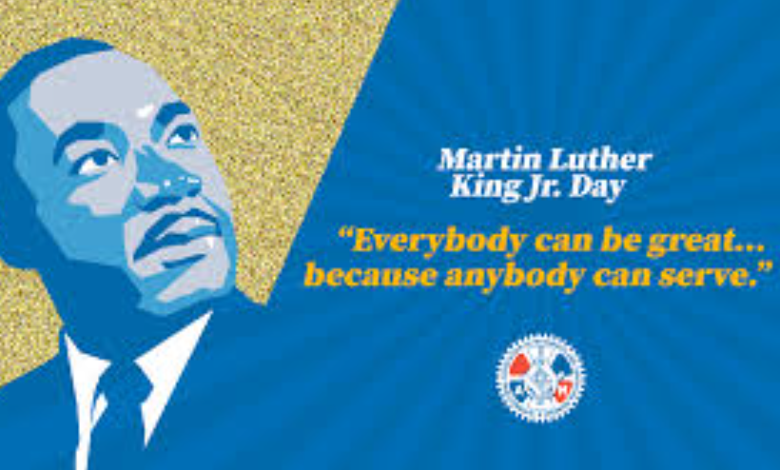
Each January, Americans reflect on a part of history that continues to shape the nation’s values. Martin Luther King Jr. Day honors one of the most influential leaders in the struggle for civil rights, serving as a reminder of Dr. King’s dream of justice and equality. But how did this day of remembrance come to be? And why does it matter as much today as it did when it was first celebrated?
This blog dives into the story behind Martin Luther King Jr. Day, tracing its origins, its challenges, and its enduring impact on American society and beyond.
The Vision of Dr. Martin Luther King Jr.
Dr. Martin Luther King Jr., a Baptist minister and social activist, was the face of the Civil Rights Movement in the 1950s and 1960s. He was known for his unwavering commitment to achieving racial equality through nonviolent resistance. His leadership helped shape significant civil rights legislation, including the Civil Rights Act of 1964 and the Voting Rights Act of 1965.
King’s power came not just from his leadership but also from his words. His iconic “I Have a Dream” speech, delivered during the March on Washington in August 1963, painted a hopeful vision of a future free from racial discrimination. Through peaceful protests, boycotts, and marches, Dr. King championed change and inspired millions to believe in the possibilities of justice and equality. Amid his successes came resistance, and his life was tragically cut short when he was assassinated on April 4, 1968.
Though his life ended prematurely, his legacy would live on as a beacon of hope and justice for generations to come.
The Road to Establishing Martin Luther King Jr. Day
Pushing for Recognition
Shortly after King’s assassination, there were growing calls for a nationwide holiday to honor his contributions to the Civil Rights Movement. Congressman John Conyers of Michigan introduced legislation for the holiday just four days after King’s death. However, the road to officially establishing Martin Luther King Jr. Day was fraught with challenges.
For years, the holiday faced opposition from certain states and politicians who either denied King’s significance or expressed financial concerns related to adding a federal holiday. Nevertheless, King’s supporters persisted, spearheaded by Coretta Scott King, Dr. King’s wife, and other civil rights activists who campaigned tirelessly for the cause.
Stevie Wonder and Public Support
Public campaigns played a crucial role in building momentum for the national observance. Notably, Stevie Wonder released the song “Happy Birthday” in 1980, a powerful tribute to Dr. King. The release of the song, paired with Wonder’s activism, inspired petitions that eventually garnered six million signatures in support of a Martin Luther King Jr. holiday.
This surge of public backing made it nearly impossible to ignore the call for action. It reflected a strong desire to commemorate King’s life and legacy at a national level.
President Reagan Signs the Bill Into Law
Finally, in 1983, after nearly 15 years of advocacy, President Ronald Reagan signed a bill into law establishing Martin Luther King Jr. Day. The first federal holiday was observed on January 20, 1986. Yet even after the federal recognition, it took several more years for all 50 states to officially adopt the holiday.
By 2000, Martin Luther King Jr. Day was marked in all states, solidifying its place as a day of national reflection and unity.
Why Martin Luther King Jr. Day Matters
A Day of Reflection
Martin Luther King Jr. Day is more than just a day off work for Americans—it’s an opportunity to reflect on the progress made in civil rights and the work that still needs to be done. The holiday encourages discussions about systematic inequality, justice, and how individuals can contribute to a fairer society.
A Legacy of Service
The holiday has also become synonymous with community service. Inspired by King’s belief in helping others, many Americans spend the day volunteering in support of causes ranging from education to homelessness. Initiatives like “Martin Luther King Jr. Day of Service” have transformed the holiday into a “day on” rather than a “day off.”
An Ongoing Struggle
While the holiday celebrates the victories King and the Civil Rights Movement achieved, it also underscores the importance of continuing his work. Issues like racial injustice, economic inequality, and voting rights are still pressing in modern America. Martin Luther King Jr. Day serves as an annual reminder of the ongoing fight for equality and the progress that remains to be made.
The Global Impact of Dr. King’s Work
Dr. King’s influence transcends national borders. His philosophy of nonviolence inspired other movements for social justice worldwide. Leaders like Nelson Mandela in South Africa and figures in the Indian Dalit Rights Movement have drawn inspiration from King’s teachings.
Furthermore, the celebration of Martin Luther King Jr. Day has become a symbol of America’s dedication to values like justice, inclusion, and equality in the global arena.
Ways to Honor Dr. King
Here are several ways individuals can honor Dr. King’s legacy on Martin Luther King Jr. Day and beyond:
- Participate in Service Activities: Find volunteer opportunities in your community that support education, racial equity, or economic justice.
- Educate Yourself and Others: Take the time to read Dr. King’s speeches or books, like his “Letter from Birmingham Jail.” Spread awareness of his ideals and their relevance to today.
- Support Civil Rights Organizations: Make a donation or volunteer with organizations working toward justice and equality.
- Engage in Meaningful Conversations: Talk with friends, family, and colleagues about civil rights, racial equity, and steps toward building a more inclusive society.
